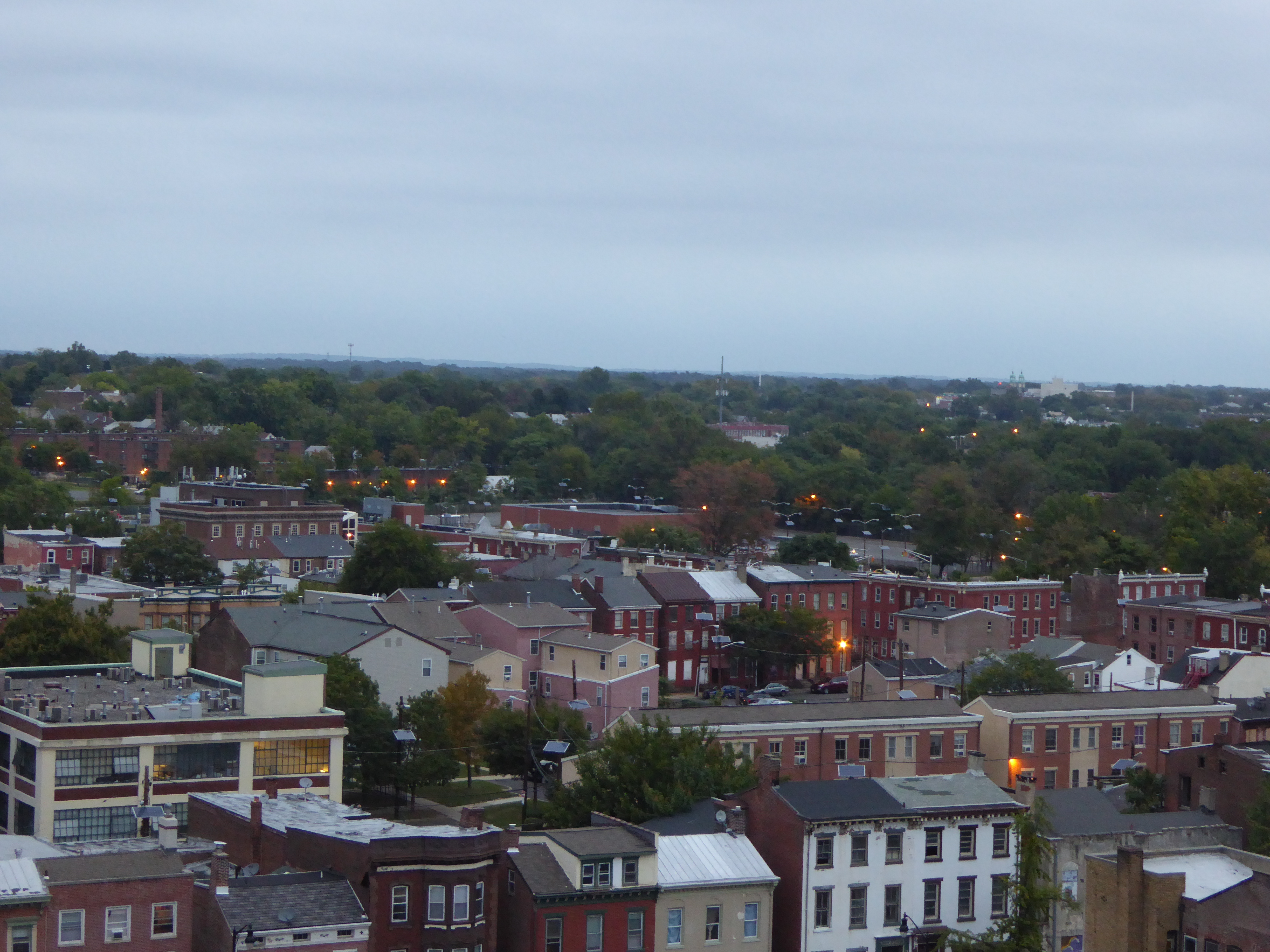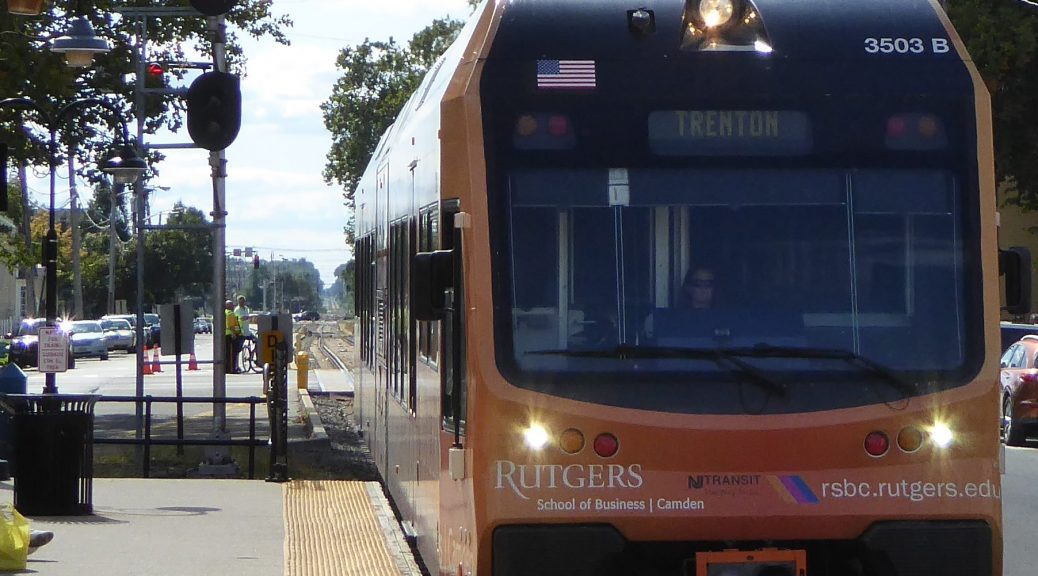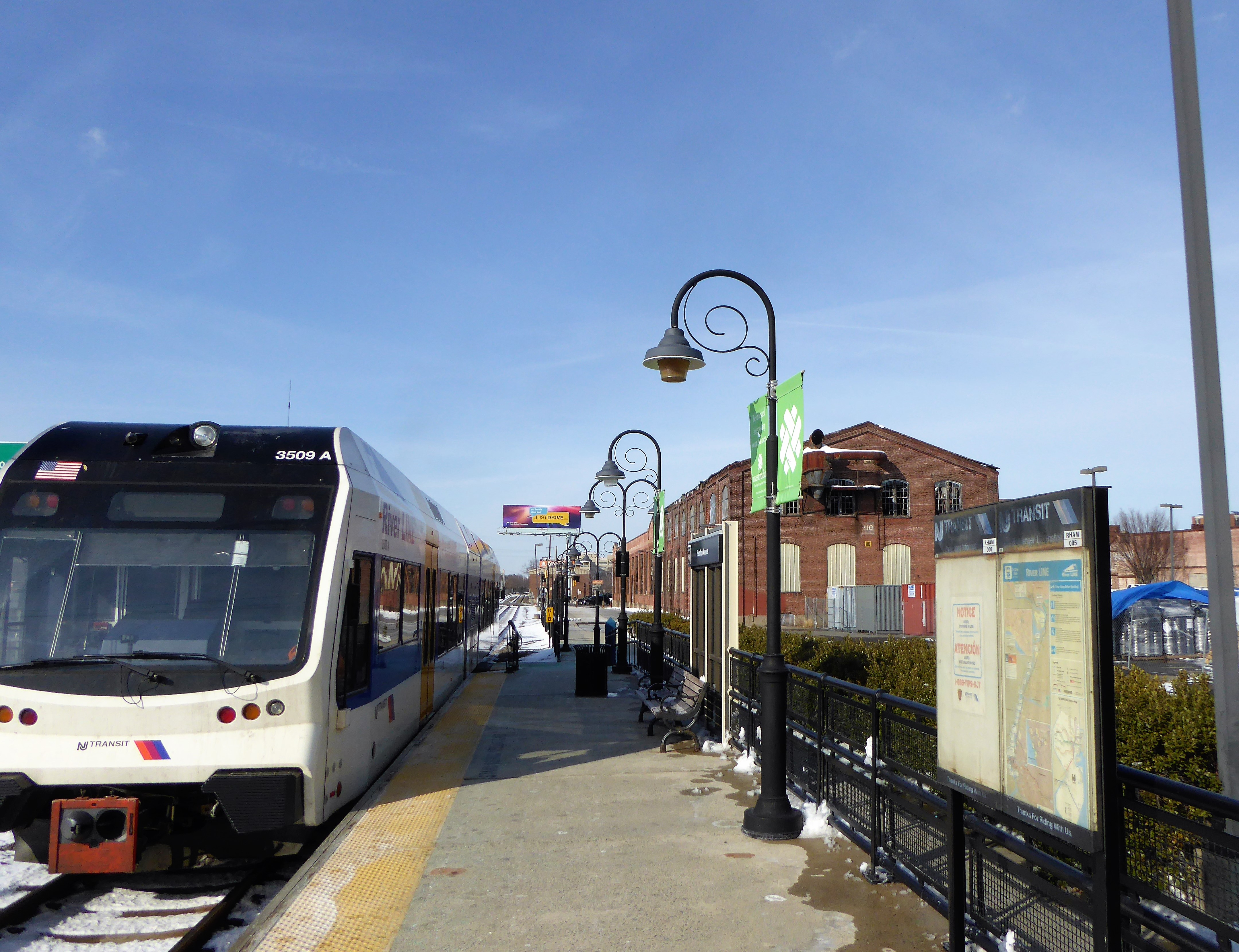Article by Tasneem Amer and Jackie Rogan
A bill signed into law in January grants individuals experiencing homelessness in New Jersey access to a free copy of their birth certificate. After requests are made, IDs are processed by a social worker and can be used to access other forms of legal identification.
“The enactment of this law can be a first step toward healthcare, government assistance, and a path to self-sufficiency and a roof over their heads,” said Assemblyman Raj Mukherji, according to The Jersey Journal. Reliable forms of identification are needed to access many services and resources across the state such as disability benefits, food stamps, and health coverage.
In order to purchase a birth certificate, prices can vary from as much as twenty to almost fifty dollars in certain states. As for New Jersey, an online process and consultation costs approximately $25.
For many, this meant access to proof of citizenship which is particularly important for employment. “Many homeless citizens have no hope of getting off the streets and accessing social services and government benefits without proof of identity,” said Mukherji. Access to a free birth certificate can open doorways out of homelessness and home insecurity.
State Senator Shirley Turner expressed her views on this issue in a interview with The Wall: “Birth certificates are the most reliable form of identification which can serve as proof of identity when applying for public services or other forms identity, for example; photo ID cards, driver licenses, etc,” addng that “a birth certificate can also be used for the purpose of replacing or updating any other lost or incorrect vital records, such as social security cards, or marriage certificates.”
According to Turner, before this legislation was passed, it cost $25 for one to receive a birth certificate copy and an additional $2 for each subsequent copy, a cost that was prohibitive for many individuals experiencing homelessness, Turner stated.
“Homelessness is a complex social problem,” Turner explained, adding that “in order to decrease the homeless population, communities need to address a variety of underlying factors, which affect an individual’s ability to maintain gainful employment and access to housing.”
Photo by Jared Kofsky






